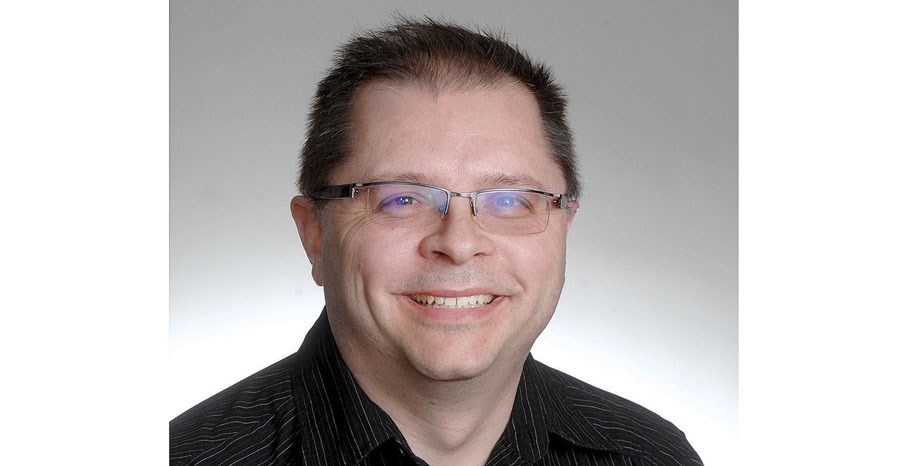David Moscrop would probably sneer at Your Vote Matters, The Citizen's effort to increase voter turnout at this November's municipal election to 50 per cent, from the pathetic 28.5 per cent of the electorate that cast a ballot three years ago.
The PhD student in political science at the University of B.C. in Vancouver made a splash in May, speaking on CBC Radio and writing an opinion piece in the National Post where he argued that it's better for democracy if some people don't vote.
Although he's careful not to categorize "some people" by social status, wealth or education, he has no problem arguing that people who don't follow politics because they aren't smart enough or don't have the time to learn more shouldn't have the authority to distort elections.
Moscrop falls back on the old adage "more isn't better, better is better" to describe how concern over low voter turnout is misplaced. His solution is that we should be producing better citizens but he's not seeing the forest for the trees. More voters are better because more citizens engaged in the well-being of the community are the same ones who care enough to vote. That engagement translates far beyond the 10-second exercise of marking an X beside a name in a ballot box.
In other words, voting is part of the process of being a better citizen, not the other way around. Volunteering, serving on a jury, donating time and money to charity, calling 911 when witnessing a fire or a crime, stopping to offer aid at the scene of an accident and learning more about important social issues are also part of the process of being better citizens.
Moscrop's argument should make everyone uncomfortable. In his National Post article, he speaks of "misvoting" and then goes on to say it's caused by "poor reasoning and distorted thinking." As a doctoral student, he would argue that he's immune to such influences but the rest of the great unwashed masses are not much more than sheep in a pen. In other words, his reasoning and thinking, as well as the reasoning and thinking of others he would approve, are worth more than the reasoning and thinking that "misvotes" and makes poor decisions.
That kind of nonsense might merit debate in the hallowed halls at UBC but in the real world, that brand of elitist thinking is the problem, not the solution, to voter and citizen engagement in our communities.
There is no such thing as "misvoting" because there is no right or wrong way to vote, just as there is no right or wrong way of deciding who to vote for. There is no operator's manual. Some people put a great deal of thought into their vote, some follow personal or family tradition, some vote based on broad political spectrums (left, right, centre), some vote because of a candidate's stance on one or two issues and some vote because a candidate spoke well and articulated their concerns. There is nothing wrong with any of those methods of choosing.
Like volunteering and donating to charity, voting for a certain candidate is a personal choice and one that doesn't need to be justified to others. Like volunteering and charity work, voting is simply the right thing to do, regardless of who are the direct beneficiaries, because it makes us better, both as individuals and as a community.
In the case of voting, more really is better.
The right way to vote is your way.
The right person to vote is you.



